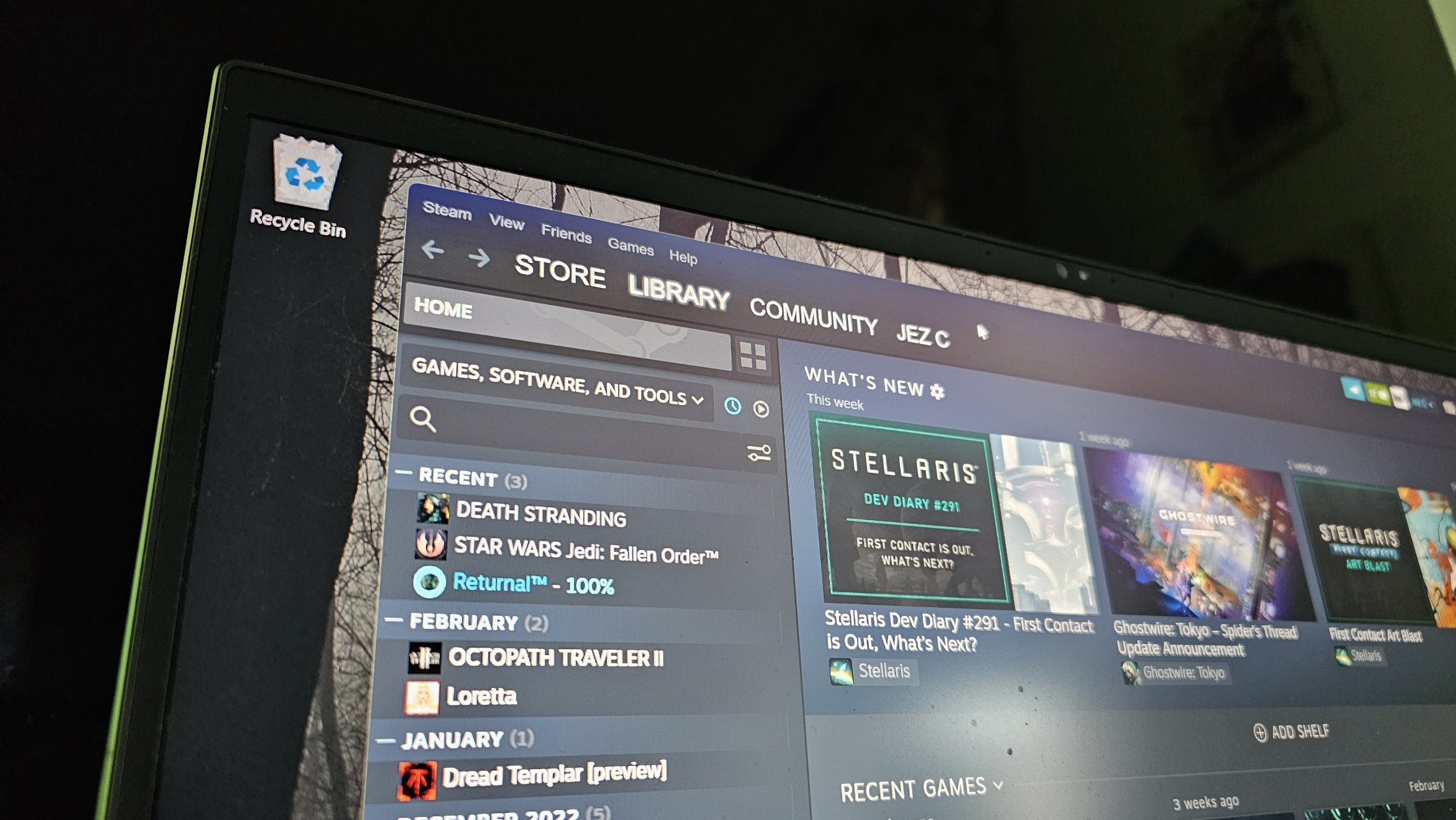What you need to know
- Steam is the world’s most popular PC gaming platform, available on Windows, Mac, and Linux.
- Valve, who owns Steam, just offered an update about which versions would remain supported.
- Users on Windows 7, Windows 8, and Windows 8.1 have been urged to upgrade to Windows 10 or 11 to continue using the service after January 1st, 2024.
It’s the end of an era, with Steam support on some older versions of Windows officially winding down.
Per Valve’s Steam survey, only 2% of users are potentially affected by this change, but for those long-time holdouts, it may be the catalyst to nudge them onto a more modern OS like Windows 11. In a post shared on Valve’s Steam help pages, the world’s most popular PC gaming storefront revealed its plan to wind down support for Windows 7, Windows 8, and Windows 8.1 operating systems. Users on these older versions of Windows will no longer have access to Steam or their purchases made through the platform unless they opt into Windows 10 or Windows 11.
“As of January 1, 2024, Steam will officially stop supporting the Windows 7, Windows 8 and Windows 8.1 operating systems. After that date, the Steam Client will no longer run on those versions of Windows. In order to continue running Steam and any games or other products purchased through Steam, users will need to update to a more recent version of Windows.”
Valve elaborated further that the change owes to the sunsetting of support for Chrome on older Windows versions, which is required for the Steam client. Valve noted that the newer versions of Steam also require security updates only available in Windows 10 and beyond.
While practically any machine running Windows 7 should be able to run Windows 10 without issues, Windows 11 has some new security chip requirements that may require an updated device entirely. Windows 11 uses TPM 2.0 to offset some of the security risks inherent in older chips, which are now more susceptible to modern malware and other types of attacks.
If upgrading your machine isn’t an option, NVIDIA GeForce Now could be a potential interim solution, since it allows you to stream a fairly large amount of your own Steam library from its dedicated servers. There’s also always the Steam Deck too, which is far cheaper than a full gaming PC setup and runs hundreds of the best PC games extremely well.





